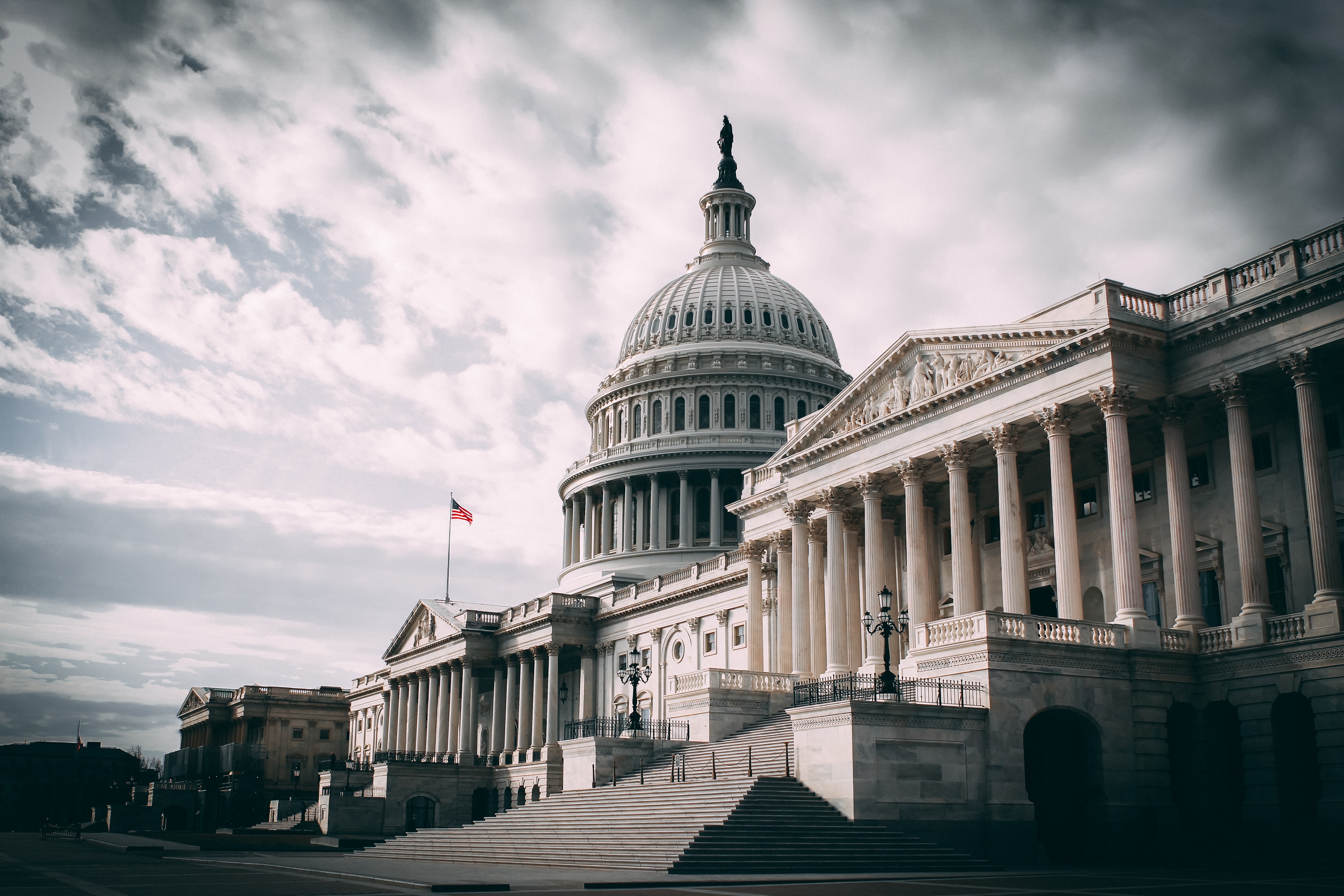About
Climate policy, as with any policy, emerges from a political process. In democratic systems, this may be influenced by lobbying, the interaction between elected officials and organized interests. When such interests can lobby differentially in favor or in opposition to a proposed policy, lobbying could alter the likelihood that the policy becomes enacted. For the landmark Waxman-Markey bill, a piece of federal legislation pertaining to the implementation of a cap-and-trade system in the US that ultimately failed passage in 2010, it was widely postulated at the time that oppositional political interests played a key role in the bill’s demise.
We examined how lobbying spending on the Waxman-Markey bill altered its likelihood of being implemented to determine if lobbying could be an explanation for why so few climate change regulations are enacted and if lobbying has welfare consequences by reducing the likelihood of enacting a socially beneficial policy.
